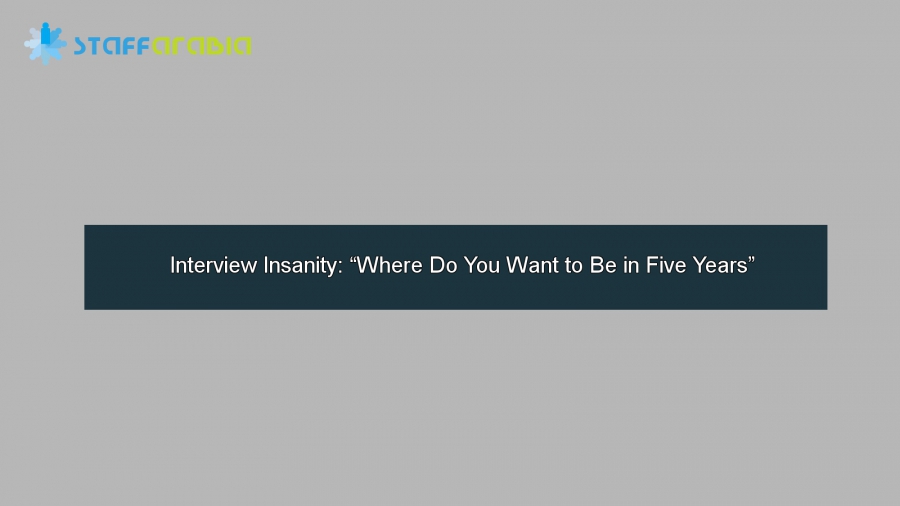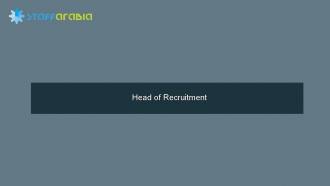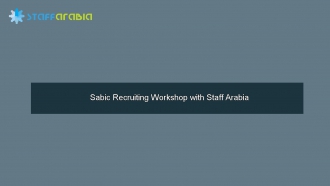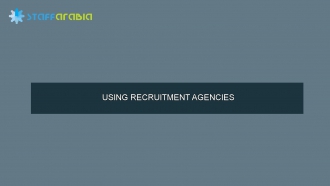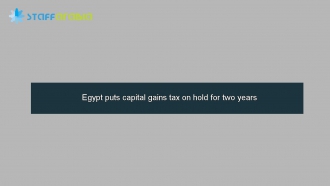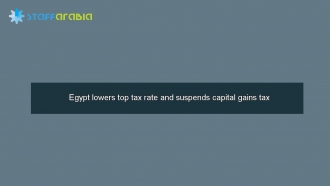
Just when you think the word is getting around about outdated interview questions that have no predictive job performance relevance, they strike again. Just last week, I was talking to a seasoned professional who is in the process of interviewing. Guess what? She was still asked this question!
Really?
That’s soooo 1980’s but it’s still a popular question. Glassdoor recently compiled a list of the 50 most common interview questions and you guessed it, that question is near the top.
The question is designed to uncover a candidate’s motivation for their desired career path. The interviewer is trying to ascertain whether the job seeker is looking for a career or “just a job?”
By asking this question, the hiring manager can determine if the candidate’s views about their career will align with the goals of the organization and whether the job seeker has a realistic plan for their future.
I know that in the past I’ve never enjoyed answering this question and I don’t think I'm alone. Many people are uncomfortable with it. It’s not because it’s a hard question but it forces people to say something that they don’t believe or something that they just don’t know. If candidates answer, “Right here,” they seem ambitionless. If they reply, “In your job”, they sound cocky.
In reality, most interviews are about an hour. Wasting crucial time for something that doesn’t add value is not a good way to interview. Hiring managers, if you interpret a conclusive answer to this question as a good indicator of a candidate's drive and ambition, it’s not.
Besides, the average worker stays at each of their jobs under five years according to the most recent available data from the Bureau of Labor Statistics. It’s also expected that the youngest workforce, The Millennial, has a tenure of about half that long.
So if you ask a Millennial that question, they probably don’t even know where they want to be. If you ask a seasoned professional that question, it’s just demeaning.
There are many moving parts that affect career decisions — family, the economy, and finances just to name a few. Life changes. Technology changes. Passion changes. And, your workplace changes.
Why it’s Not a Great Question
Let’s turn the tables. Let’s say that a candidate has everything all planned out and you like what you hear. Can you even guarantee them a job or a career path for the next five years? Probably not. Nothing is ever guaranteed. I don’t even think it’s a stretch to say that for many jobs, a clearly defined career path hasn’t even been developed for the role. It’s just unfair to ask a candidate something that you don’t even know.
Many organizations work on a strategic planning cycle of three years or less. This whole exercise is futile and just sets up the interview process as a vicious cycle of hollow rhetoric.
It’s the wrong way of looking at motivation, competence and foretelling behavior. If you want to know what makes a candidate tick, just have a conversation that doesn’t include canned answers.
All any candidate has to do is Google “interview questions” or “behavioral interview questions” and they can find every kind of interview answer out there. If you only get answers that are repetitive nonsense of what is found online, how does that help you make quality decisions? It doesn’t.
Have an honest-to-goodness two-way conversation about the role.
Make the Conversation Meaningful
Great interviews flow like a good conversation. Conversation is a form ofspontaneous communication between two or more people. Through effective listening, it becomes a give and take of subjects. If you want to see the real person – the person you get every day on the job - then have a meaningful dialogue.
The cost of turnover is high so it is understandable that you don’t want to hire a person who won’t stay very long. The implied question here really is this: Is the position functionally well-matched for the job seeker. That’s a valid question for bothparties.
Lou Adler suggests asking “What’s the biggest goal you’ve made for yourself that you’ve already achieved?” You will learn far more about someone's ambition and interests when you follow up that question by asking, “What’s your current major goal and what have you done so far to ensure you’ll achieve it?”
That gives you a platform of intelligent discussion as you delve into the depths of the scenario compared against what you are looking for in terms of performance objectives and competencies. If you know the kinds of business problems you are trying to solve, you’ll understand their critical thought process as they explain how they plan to go about meeting their goals. Through that, you’ll be able to determine suitability.
If five years is truly such a magical number for you, you have a duty to help build a footing of success for your employees so that you can help them develop and grow. If you want an employee to be engaged, how will you help them develop over the next five years?
